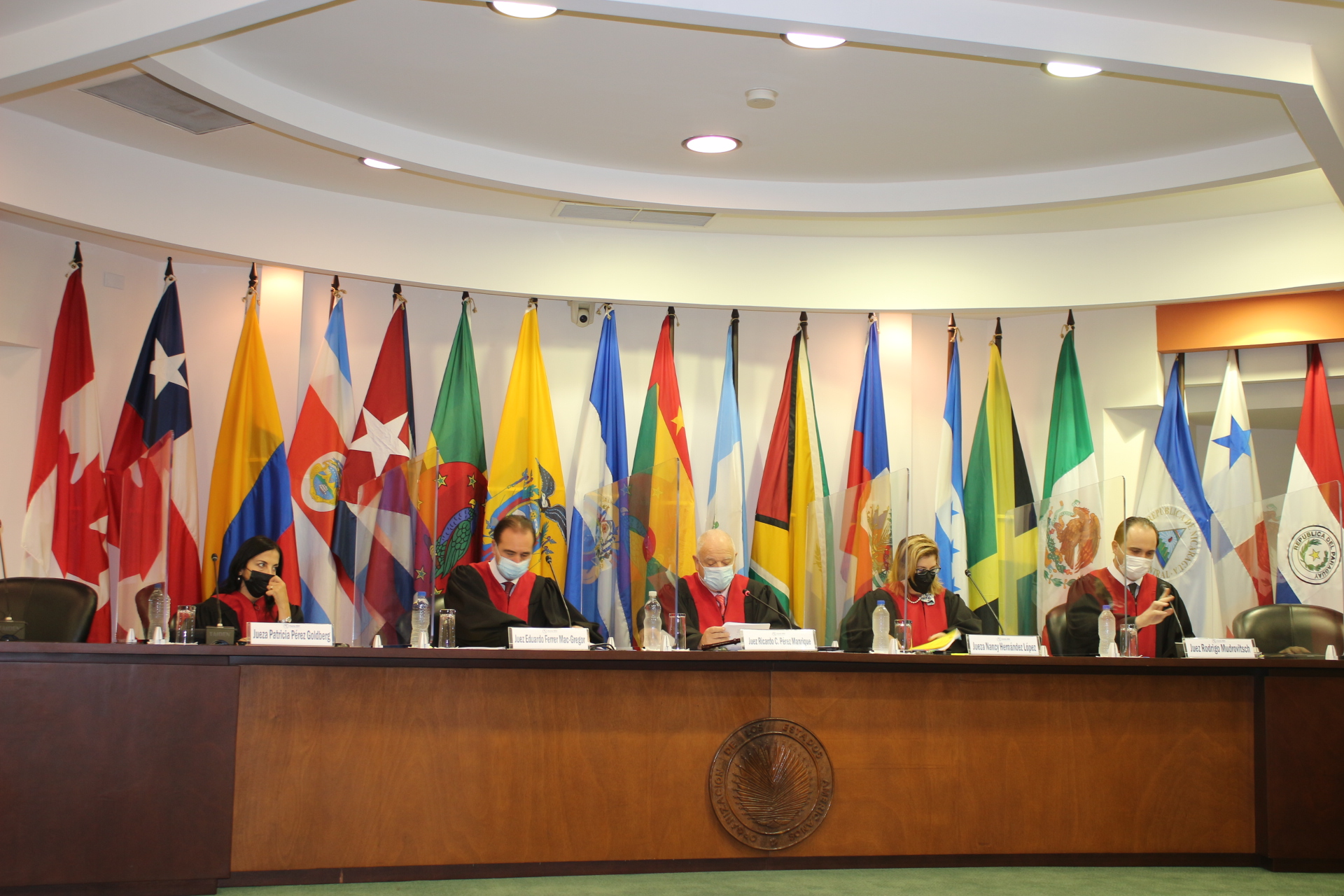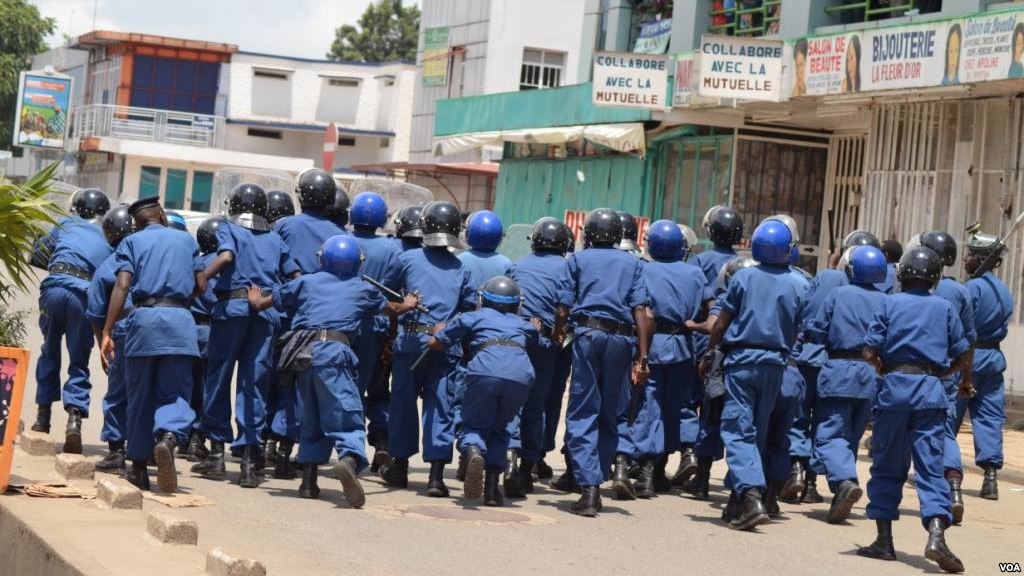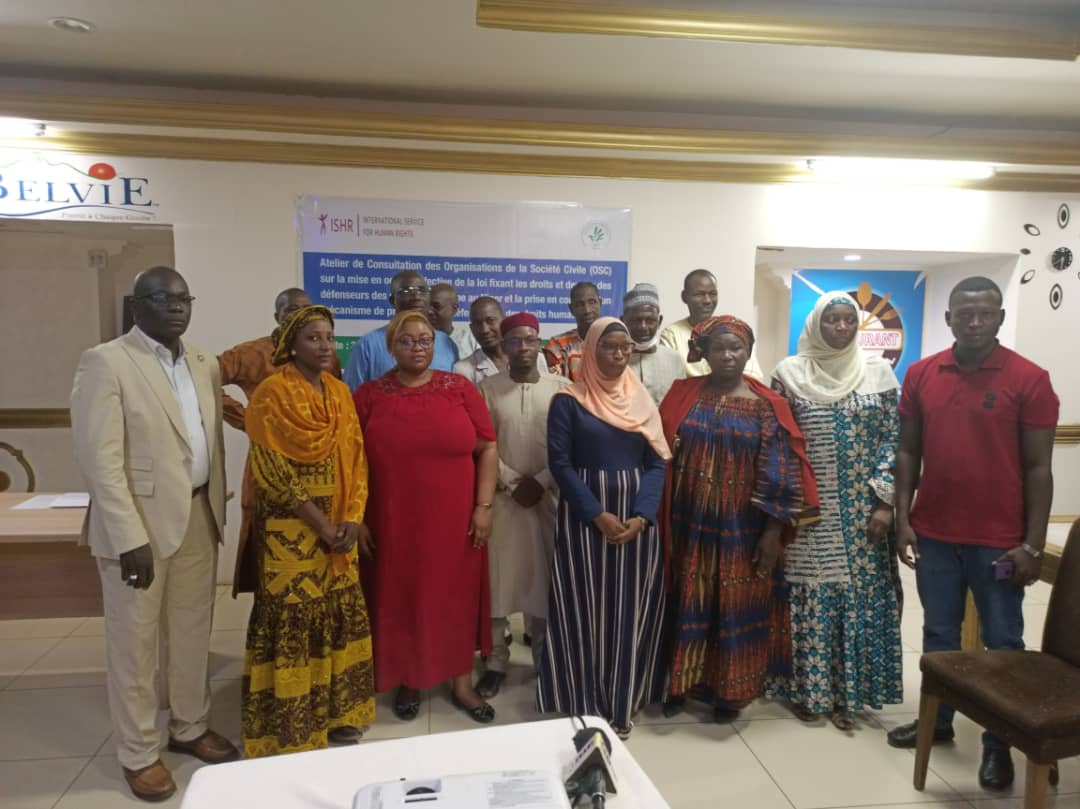Lire ce communiqué de presse en français ici
ISHR has filed a legal complaint against Burundi with the UN Committee Against Torture (CAT). The case seeks justice and reparation for four Burundian lawyers who were disbarred or suspended and threatened by State representatives after sharing information with the CAT about the human rights situation in their country.
‘We have sought justice and redress for the victims before the CAT because such reprisals are a violation of the Convention Against Torture,’ said ISHR’s Legal Counsel, Madeleine Sinclair.
The victims cited in the complaint are Dieudonné Bashirahishize, Armel Niyongere, Vital Nshimirimana and Lambert Nigarura, four lawyers and human rights defenders from Burundi who have been working to document cases of torture, enforced disappearances and arbitrary detention in Burundi, including during the 2015 political protest campaigns against Burundi President Pierre Nkurunziza.
In July 2016, the defenders participated in a special review of Burundi convened by the CAT in light of reports on the widespread use of torture by the Burundi Government. The Burundi Government took the unprecedented step of boycotting the second day of the review.
In a textbook case of retaliation, Bashirahishize, Niyongere and Nshimirimana were subsequently disbarred and Nigarura was given a one-year suspension and a five year ban from sitting on the Executive Committee of the Bar Association. Furthermore, the victims and their families were threatened, had their personal and real property arbitrarily seized, and were forced to leave Burundi and go into exile.
‘It is clear that the reprisals we suffered were a direct consequence of our engagement with the UN concerning human rights violations in Burundi,’ said Lambert Nigarura, one of the victims. ‘We were forced into exile out of fear for our lives and the lives of our families.’
The complaint argues that Burundi has violated Article 13 of the Convention against Torture, which guarantees that victims of torture should be protected from reprisals for bringing complaints or providing evidence of torture to the CAT. The complaint calls on Burundi to, inter alia, quash the disbarment and suspension decisions, apologise publicly to the victims, provide redress and reparations to the victims, and comply with its obligation to refrain from reprisals or intimidation against individuals that cooperate or seek to cooperate with international human rights bodies and mechanisms, including the CAT.
‘The violations carried out by Burundi are a prime example of the ways States attack defenders who engage with the UN,’ said Sinclair. ‘We hope for accountability and redress for the victims but also that a decision of the CAT in this case will serve as an important deterrent for Burundi and other States who all too often use reprisals to silence human rights defenders speaking out at the UN.’
For more information please contact:
#####
ADDITIONAL INFORMATION
The CAT is a body of independent experts that monitors the implementation of the Convention Against Torture by State parties, such as Burundi. The Committee is mandated to examine complaints from individuals claiming their rights under the Convention have been violated.
In 2015, Nkurunziza’s intention to run for a third term of office, contrary to the Burundian Constitution, sparked the country’sworst political crisis since the end of the civil war only a decade earlier. Prompting mass protests, the country witnessed a significant deterioration of human rights and the rule of law, resulting in the establishment of a Commission of Inquiry on Burundi (the COI). The COI has documented, inter alia, the commission of crimes against humanity and widespread impunity.




